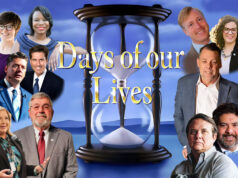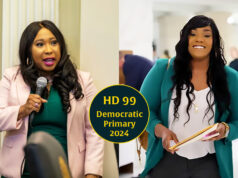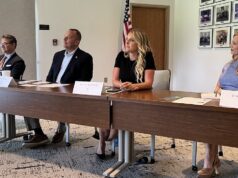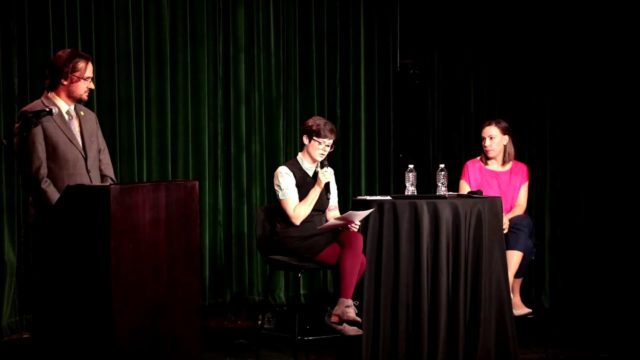

Incumbent Ward 6 OKC City Council member JoBeth Hamon and challenger Marek Cornett lightly sparred over issues like policing and economic development while finding common ground on public transportation during a debate Wednesday night hosted by NonDoc at The Yale Theater.
Voters in Ward 6 will head to the polls Feb. 14. Wards 2, 5 and 8 will also be up for grabs.
Ward 6 extends from Portland Avenue to the west and to Shields Avenue on its eastern border. It also includes Automobile Alley and Film Row within its boundaries.
Hamon, 32, was elected to represent Ward 6 in 2019 and has emphasized the need for pedestrian infrastructure, affordable housing and police accountability during her first term in office. She works for a non-profit that focuses on mental health.
Cornett, 39, is making her first bid for elected office. She owns and operates a small business focusing on digital marketing, and she volunteers for several nonprofits.
Earlier this month, NonDoc also hosted a debate among the four candidates seeking an open Ward 5 seat on the OKC City Council. The Urban Land Institute of Oklahoma is a financial sponsor of NonDoc’s 2023 municipal debate series.
Establishment or not?
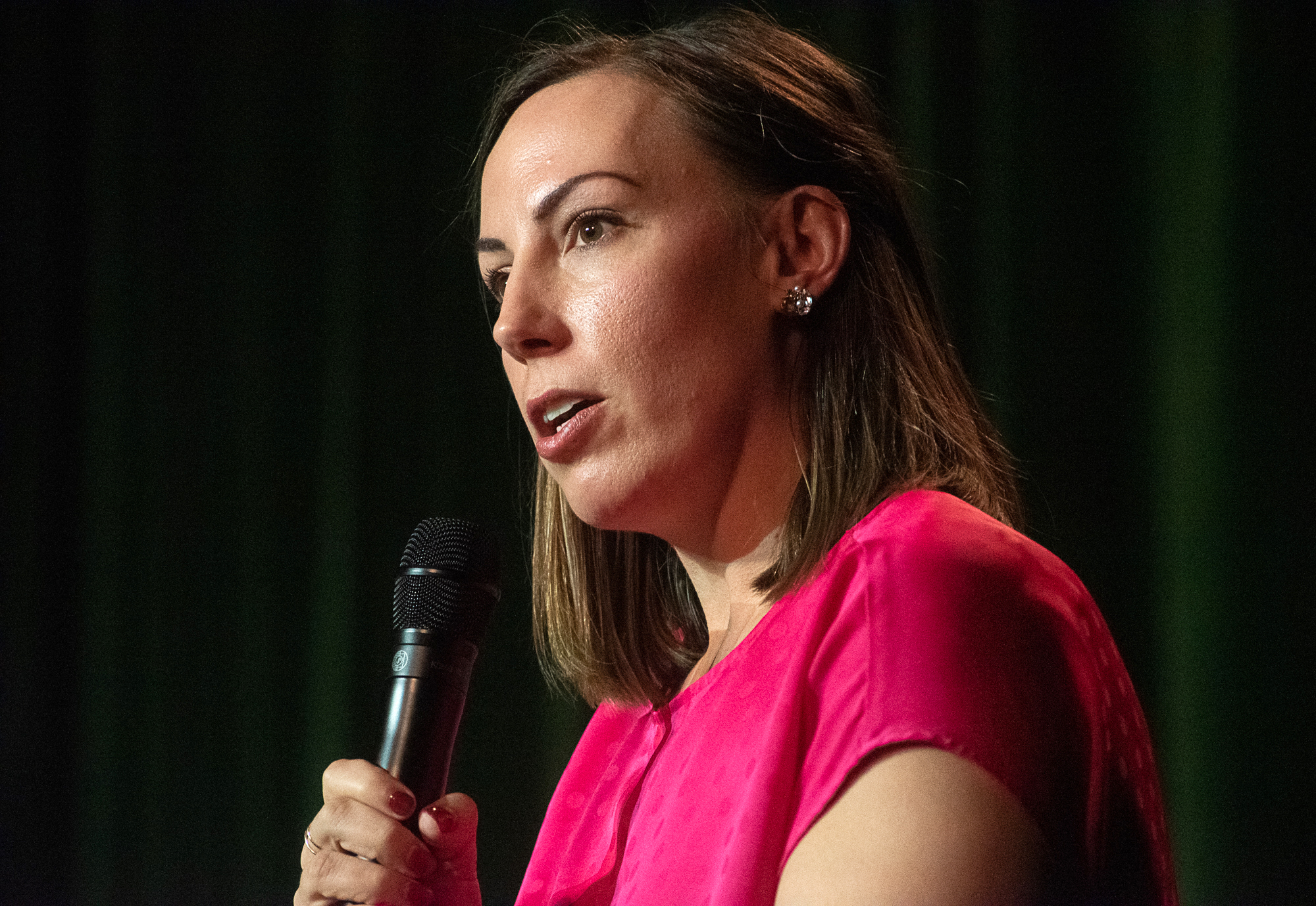
Cornett has received about $118,000 in campaign contributions, according to ethics reports. Hamon has raised about $59,000. Some on social media have called Cornett, whose father in law Mick Cornett served as mayor of OKC, the establishment candidate in the race, a critique she strongly disagreed with during Wednesday’s debate.
“It is laughable when people say that I will be an empty suit,” Cornett said. “I am far from it. I definitely have my values. I definitely have my own way of doing things. I do not by any means subscribe to any single person or any single organization who has supported me in the past. I do not believe that the City Council should obstruct economic development, especially when we have an economic development fund.”
When asked about her strong stances on issues with police and her views on economic development, Hamon said she is always open to having conversations with any group — up to a point.
“I find it interesting to hear the idea that I don’t have common ground with the Chamber of Commerce when I’ve never heard from them about anything they disagree with me about,” she said. “So that comes as a surprise. I think I’ve shown myself to be continually open to conversations. I call people back who have yelled at me on a voicemail or typed in all caps in an email. So, I think I’m always open to the conversation, but that doesn’t mean that I’m going to just fully agree.”
Hamon said it would be difficult for her to find common ground with organizations like the Fraternal Order of Police given their differences in philosophy over the role of law enforcement.
“With the Fraternal Order of the Police, if we’re going to talk about negotiating with extremists or not wanting to, they are one of the most extreme groups in our country,” she said. “They have some of the most power to wield in this country, and the things they do with it are to protect bad actors that abuse their power and hurt people in our community. It’s hard for me to imagine finding common ground with folks that say something like, ‘Public safety equals policing,’ because I don’t think a lot of people believe that.”
Hamon defends walked vote on FOP contract
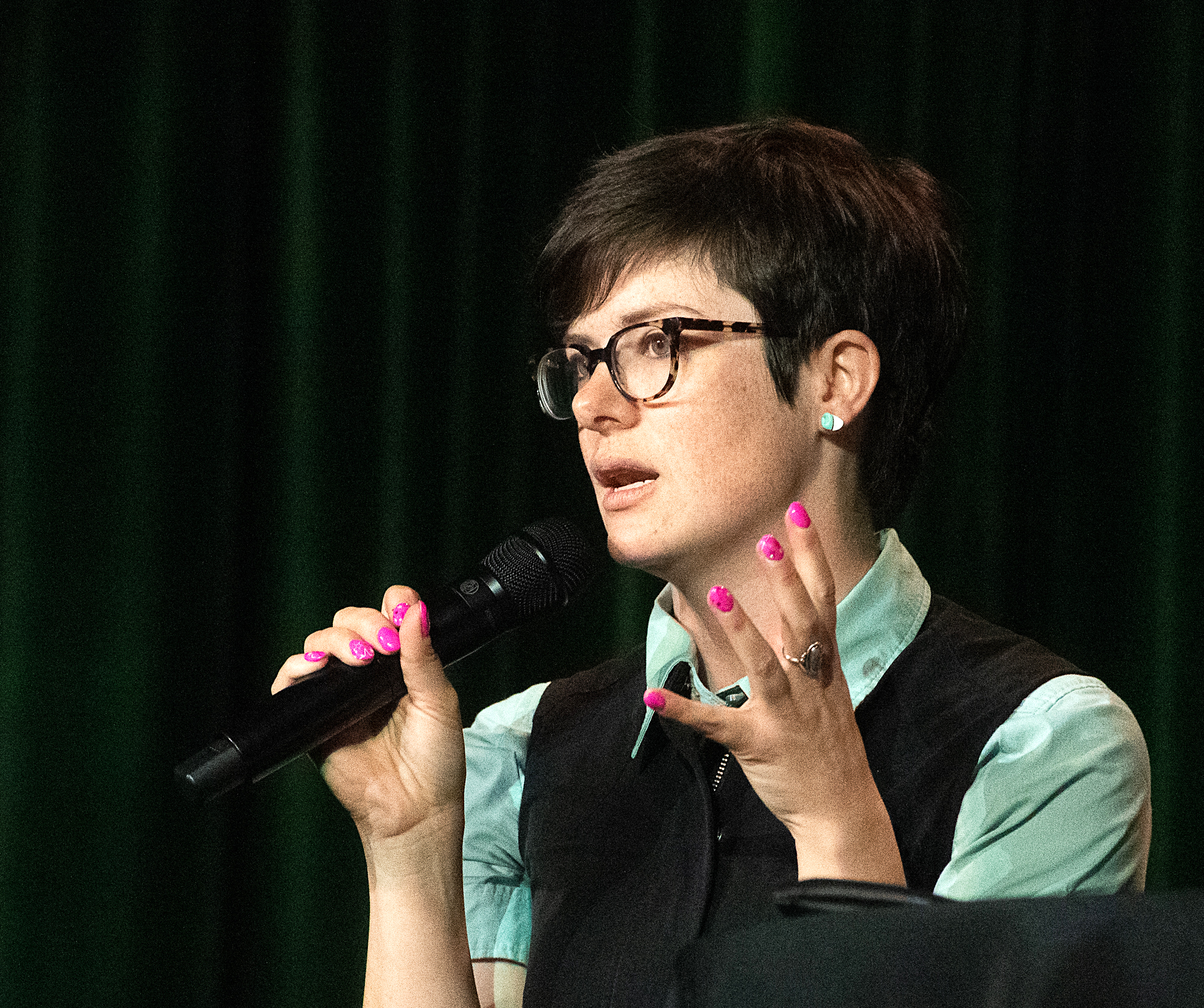
Hamon has had an uneasy relationship with the Fraternal Order of Police Lodge 123 since she was elected. The police union’s leadership has criticized Hamon for not being supportive of officers and specifically for a 2020 tweet saying “the continued violent murder of Black lives by police is terrorism.” Most recently, Hamon and fellow councilmembers Nikki Nice and James Cooper walked out of a vote on a collective bargaining agreement with the FOP during the Jan. 3 City Council meeting.
Hamon said the decision to walk out was a change in strategy from previous years where she had made her feelings known from the horseshoe about the agreement.
“The core reason that I voted ‘No’ on that contract is that I think that the city does not ask enough in our FOP — fraternal order of the police — contract to hold the bad actors accountable when they abuse their power,” she said. “This year, they negotiated a pay raise and got the city got almost nothing out of it. I, the last few years, have sat on the horseshoe and voted on that and explained my reasons, and this year I just sort of felt like I’ve said my piece. I don’t need another attack on social media, where the FOP specifically targets me and has people reach out to me and hurl awful, awful things into my inboxes.”
Cornett said she would have voted for the collective bargaining agreement if she had been on the City Council at the time.
‘I’ve met with the chief, I’ve gone on a police ride along, I’ve gone to the training and the recruitment facility to learn more about their procedures and their processes,” she said. “I would have felt comfortable voting ‘Yes’ for that. More importantly, skipping a vote in my mind is not representing your constituents at all.”
Candidates: Public transit falling short
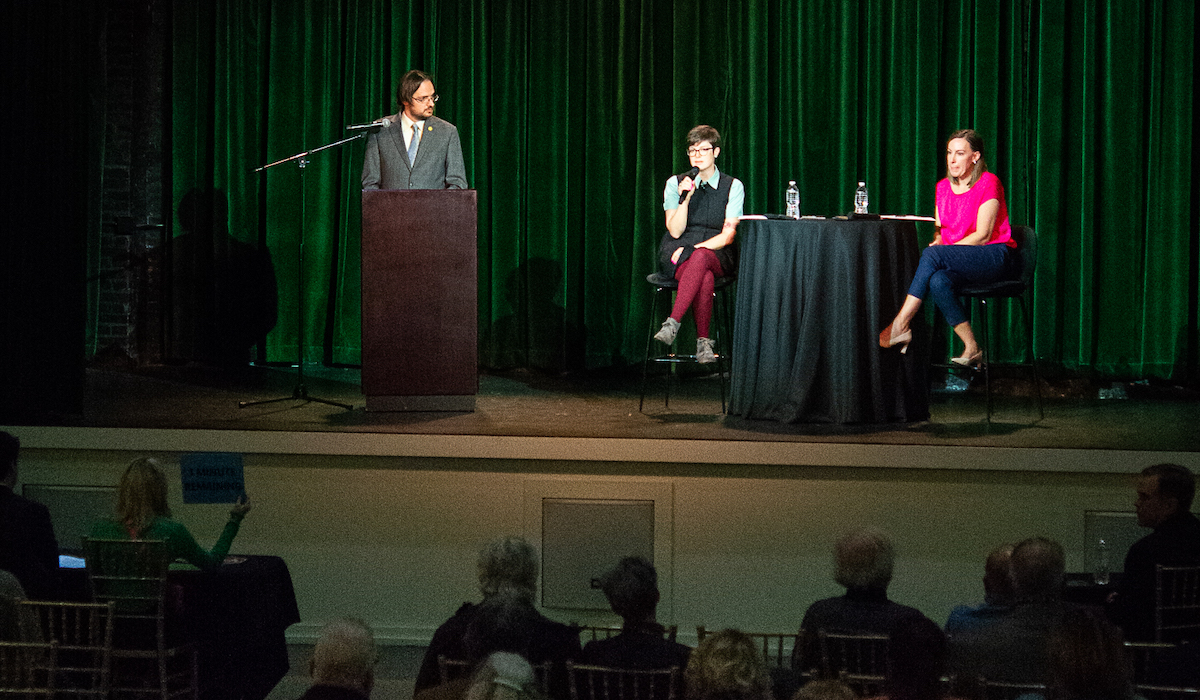
Hamon does not own a car and takes public transportation wherever she can. While the city has invested in improving bus stops and is establishing a bus rapid transit (BRT), route the current infrastructure does not always meet the needs of those who use it frequently.
Hamon, who said she was nearly late to Wednesday night’s debate owing to a bus delay, said the current hub-and-spoke system — which requires busses to return to downtown before setting out again — is not as efficient as it could be.
“One of the things that I’ve really been interested in seeing — and I know I’ve talked with city staff about this, and it’s something they are working on — is working to get us to a grid system versus the hub-and-spoke system we have, where almost every route has to go downtown and touch the downtown transit hub to then go back out through the city,” she said. “Whereas if we could have connectivity along the grid system, we could vastly improve efficiency of service for people that rely on that service.”
Despite modest ridership numbers, Hamon said the OKC Streetcar system that serves a small area of the OKC core has been successful given its limited mission.
“I think the streetcar has been a success for what its purpose is, which in my mind is for tourists and folks that are going around downtown,” she said. “I live downtown and rarely use the streetcar because I can walk faster, typically. I think for it to be more effective, it does need to connect to other neighborhoods, but it is not my biggest priority as far as improving our transit system as a whole.”
Cornett said expanding the current OKC Streetcar route might make sense.
“I do think we can expand it a little bit farther out,” she said. “I would love to actually see something — whether that is the streetcar or a train line — go to the fairgrounds. We have a pretty big direct connection from a train line that’s from the fairgrounds into downtown. (…) I mean, there are millions of people who come there every year and bringing them into downtown would only benefit our society.”
Cornett, who serves as a member of the Oklahoma City Traffic and Transportation Commission, agreed with Hamon that the city’s public transit system does not work as well as it could. She suggested the service could be made free to encourage more use and help those who rely on it.
“Our transit system has a long way to go,” she said. “Ridership does need to increase for us to be able to offer more frequent routes, but also that’s chicken and egg, right?” she said. “I see a lot of issues that exist because we have been a car-dominated society, and that does not mean that is the way that we have to move forward. Giving people options and opportunity is certainly a way to make things a lot more equitable. (…) I think a benefit that we can offer for transit riders would be to make that a free service. A lot of cities provide free transportation through their bus, that would also extend to the streetcar as well.”
Asked about a yet-to-be-defined proposal for a new basketball arena for the Oklahoma City Thunder that could cost between $500 million and $1 billion, both candidates said that any proposal put before voters should include some private financing.
Cornett said she thinks the ultimate proposal “probably will” include some private financing of the arena.
“Having a sports team here helps Oklahoma City’s identity. It also helps our sales tax base, right? However, I also understand that having this proposal come before us, it can’t just be the city footing the bill for this,” Cornett said. “In past MAPS, citizens of Ward 6 have voted, not unanimously, but overwhelmingly to support infrastructure investment for these types of projects. I would love to see what we can come up with. I will be a voice who is trying to make this the fairest that it can possibly be for the citizens of Oklahoma City to vote on, whenever that does hit the ballot.”
Hamon said the discussion about a new basketball arena should potentially involve “negotiating some kind of community benefits agreement.”
“Economists have done the studies. They’ve put the information out that, by and large, publicly funded arenas and stadiums don’t financially return for cities,” Hamon said. “I think that when we say things like ‘voters have overwhelmingly approved,’ we have to think about what options they really had before them. I think the fact that there is a criticism of this speaks to frustration of our community, that they’re not seeing the benefits that they were fully promised trickle down to them or they’re being told you have to wait a little bit longer to get the things you need in your neighborhood addressed. I can’t say I’m fully opposed to some public funding being part of a new arena if that should take place, but I think that we need to be thinking about what real solid public benefit can we get from it by negotiating some kind of community benefits agreement, or even requirements for making sure that staff working in those spaces have full and thriving wages.”










